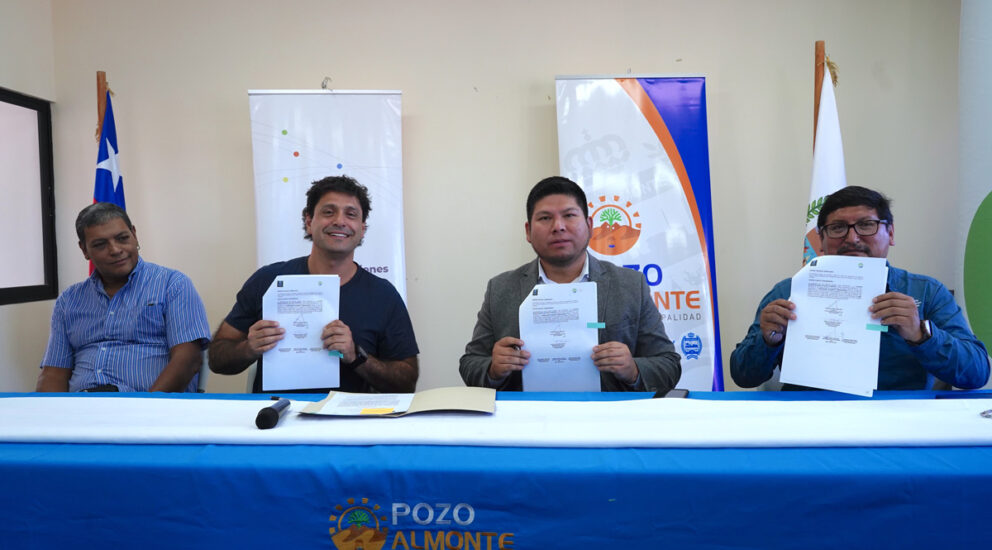News
More than 200 children and young people with intellectual disabilities will continue developing their talents in Tarapacá

Fundación Miradas Compartidas, SQM and several municipalities in the Tarapacá region have renewed their commitment to offer sports and art workshops for local people with disabilities in 2023.
The municipalities of Pozo Almonte, Alto Hospicio and Huara renewed agreements that bolster their commitment to inclusion and healthy lifestyles through sports and artistic workshops, where more than 200 young people can develop their skills and talents. This great social inclusion initiative involves efforts by SQM, the municipalities and Fundación Miradas Compartidas, which fosters public awareness and a culture of inclusion.
Felipe Olavarría, the foundation’s general manager, expressed his satisfaction: “We are pleased to be able to continue offering these opportunities in the Tarapacá Region. They promote inclusiveness and support responsible, sustainable cultural change. Full inclusion in all aspects of society is crucial as it allows us to connect and create ties with people with disabilities so that they can thrive in any environment.”
The municipality of Alto Hospicio will continue offering its annual recreational soccer, cheerleading, dance, theater and motor skills programs, where 67 people with disabilities from the Simón Bolívar Differential School participate. Pozo Almonte plans to continue its recreational pottery program involving 20 people.
The municipality of Huara renewed the agreement that enables 118 children and young people to continue attending the soccer, motor training and corporal expression workshops held downtown as well as in Bajo Soga and Pisagua.
“At SQM, we believe strongly in inclusion and diversity. We are very proud to renew our commitment to these workshops in Tarapacá and to continue working with institutions, like Miradas Compartidas, that prioritize real social transformation through inclusion and gender equity,” commented Pablo Pisani, SQM’s Director of Communities and Public Affairs for SQM’s Nitrate and Iodine businesses.
At the agreement signing, program beneficiaries received foundation uniforms. With great joy and enthusiasm, they celebrated this initiative, which allows everyone to experience inclusion.
More than 200 people with disabilities in the Tarapacá Region and their families will benefit from these recreational programs, which are essential to developing their talents. This is especially important considering that one out of every ten adults over 18 has some disability. So most Chilean households have at least one family member with a disability.
